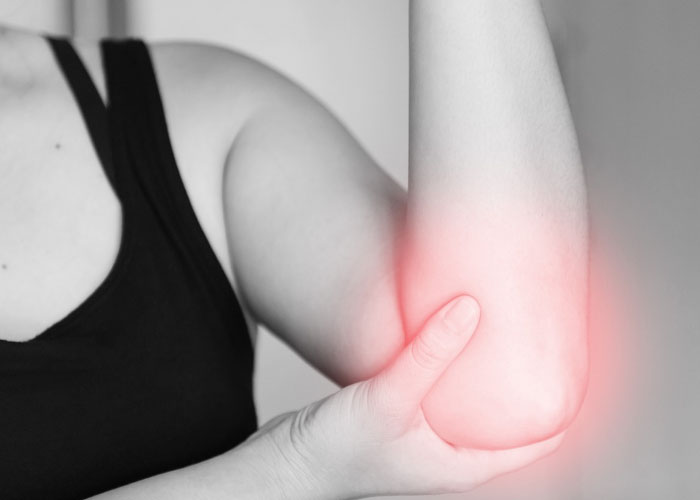Empowerment through Intuition: Learning to Trust Your Body’s Cues as a Woman
As women, we are often taught to prioritize the needs of others above our own, to push through discomfort, and to silence the whispers of our bodies. However, our bodies possess an innate wisdom—a language of cues and signals—that, when listened to and honored, can guide us toward optimal health and well-being. From subtle aches and pains to powerful cravings and fatigue, learning to trust and decipher these cues is a transformative journey toward self-awareness and empowerment.
The Language of the Body
Our bodies communicate with us constantly, providing invaluable feedback about our physical, emotional, and mental states. Yet, in a fast-paced world filled with distractions and obligations, it’s easy to overlook or dismiss these signals. Aches and pains, for example, are not merely nuisances to be ignored; they often serve as messages from our bodies, indicating areas of imbalance or areas in need of attention.
Trusting Your Intuition
Learning to trust your body’s cues begins with cultivating a deep sense of self-awareness and intuition. Rather than viewing discomfort or cravings as obstacles to be overcome, they can be viewed as invitations to tune in, to listen, and to respond with compassion and curiosity. Trusting your intuition involves honoring your body’s wisdom and respecting its innate ability to guide you toward optimal health and vitality.
Deciphering Common Cues
- Aches and Pains: Chronic pain or discomfort may signal underlying issues that require attention. Instead of masking symptoms with quick fixes, consider exploring holistic approaches such as stretching, massage, or acupuncture to address the root cause of the pain.
- Cravings: Cravings are often misunderstood as mere indulgences or weaknesses. However, they can provide valuable insights into our nutritional needs and emotional states. Pay attention to the type of cravings you experience—whether for salty, sweet, or savory foods—and consider what your body may be trying to communicate.
- Fatigue: Persistent fatigue or low energy levels may indicate the need for rest, nourishment, or emotional support. Rather than pushing through exhaustion, honor your body’s need for restorative practices such as sleep, meditation, or gentle movement.
- Digestive Discomfort: Digestive issues such as bloating, gas, or indigestion may stem from dietary choices, stress, or underlying gut imbalances. Pay attention to how different foods and lifestyle factors affect your digestion, and consider seeking support from a healthcare practitioner or nutritionist if needed.
Cultivating Body Trust
Trusting your body’s cues is not about perfection or rigid adherence to external rules; it’s about cultivating a deep sense of self-respect and compassion. It’s about honoring your body’s innate intelligence and recognizing that you are the ultimate authority when it comes to your health and well-being. By listening to and responding to your body’s cues with kindness and curiosity, you can forge a deeper connection with yourself and embark on a journey of self-discovery and empowerment.
Conclusion
As women, we are endowed with a profound capacity for intuition and self-awareness. By learning to trust and honor our body’s cues—from subtle whispers to powerful signals—we can reclaim our health, vitality, and sense of agency in a world that often seeks to diminish or silence our voices. Embrace the wisdom of your body, and let it guide you toward a life filled with balance, authenticity, and empowerment.

